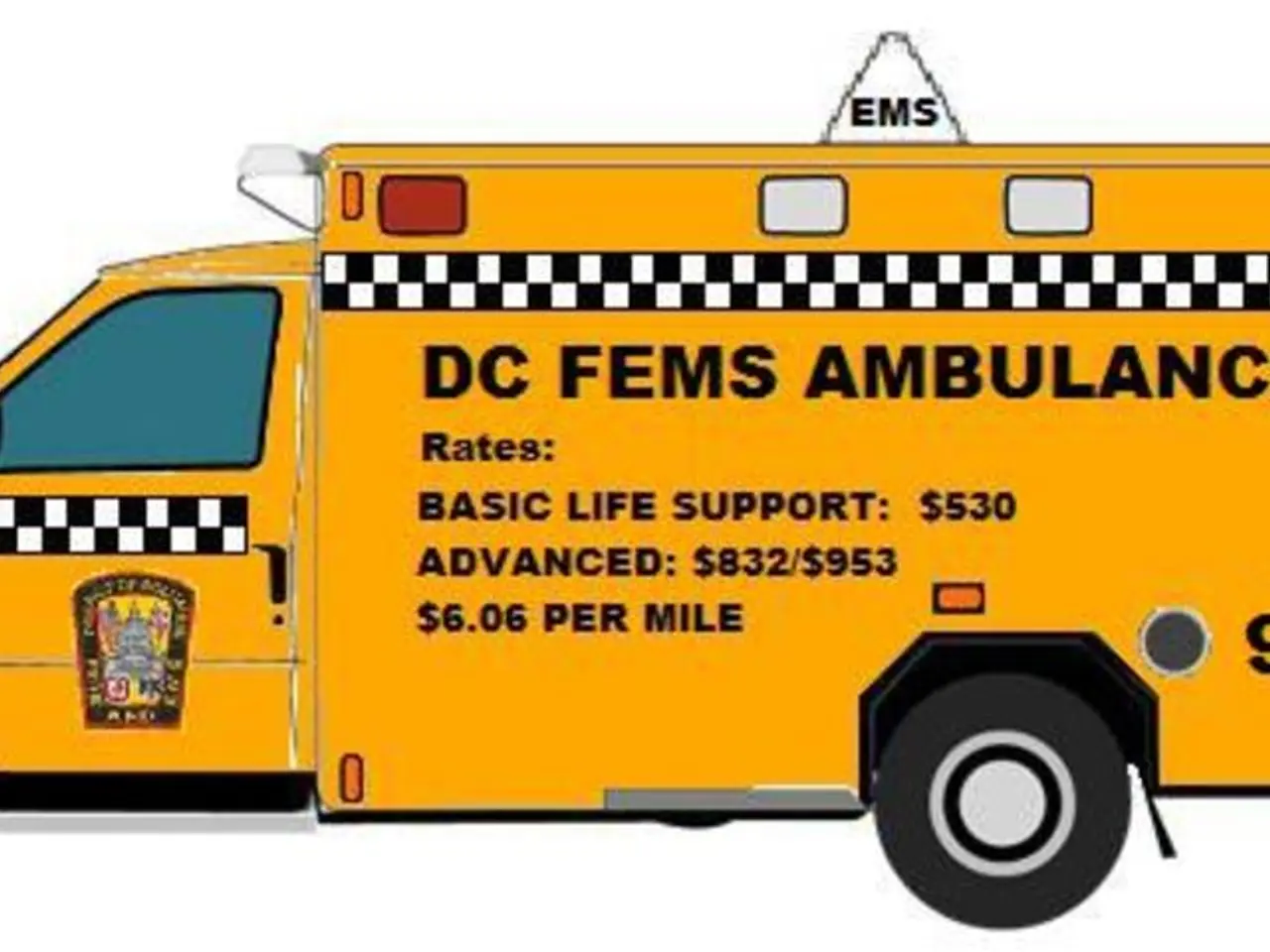Crisis Management in Viersen's District
Becoming an Emergency Chaplain in Viersen, Germany
If you are looking to make a difference in your community and have a strong faith, consider becoming an emergency chaplain (Notfallseelsorger) in the Viersen district. This role involves providing emotional and spiritual support to those affected by emergencies such as sudden deaths, suicide attempts, or severe accidents.
To become an emergency chaplain, there are several steps and requirements to follow.
Eligibility and Background
Typically, emergency chaplains are members of recognized religious communities or churches. In Germany, this often means being part of the Evangelical (Protestant) or Roman Catholic Church, but some districts also work with other recognized religions. Candidates should have a strong personal faith, emotional stability, maturity, and the ability to deal with crises and trauma. Compassion and resilience are essential.
Training and Education
While not always mandatory to have formal theological education, relevant pastoral or counseling experience is highly valued. Candidates must complete specialized emergency chaplaincy training, which includes crisis intervention techniques, psychological first aid, trauma support, communication skills in emergencies, and cooperation with emergency services.
In Viersen, this training may be organized by local churches in cooperation with emergency services or organizations like the German Red Cross (Deutsches Rotes Kreuz) or Diakonie. The training is comprehensive, spanning approximately 160 hours over nine months. It is supplemented by several Saturday seminars and two one-day internships.
Application and Selection
Interested individuals usually apply through local church offices or directly via organizations coordinating emergency chaplaincy in the Viersen district. There may be an interview or assessment to evaluate suitability. A probationary period or supervised practical experience during training is common.
Certification and Appointment
After successful completion of the training and application process, the emergency chaplain is officially appointed. They may receive an identification card or certification authorizing them to serve alongside emergency responders. Continuous education and refresher courses are typically required to maintain the role.
Collaboration with Emergency Services
Emergency chaplains in Viersen work closely with fire brigades, the police, rescue services, and hospitals. They provide emotional and spiritual support to victims, relatives, and emergency personnel during and after emergencies.
How to Proceed Locally
To become an emergency chaplain in Viersen, contact the local churches (Catholic parish offices or Protestant church offices) in Viersen. Reach out to the Viersen district’s social or emergency services department for more information. Inquire about partnerships with the German Red Cross or similar organizations offering chaplaincy training.
Contact the Catholic coordinator Andreas Bodenbenner at 02152-8971013 or 0172-2536872, or via [email protected]. For the Protestant coordinator, contact Hans-Willi Kawaters at 0170-1050960 or [email protected].
The training for emergency chaplains is free of charge. Supervision and further training are provided for volunteers. A certain spiritual openness is necessary for emergency chaplain volunteers, and current membership in a Christian church is a prerequisite for participation in the emergency chaplain training. The training schedule includes a variety of sessions, including evening classes, seminars, and internships. The role of praying and giving a blessing may sometimes be part of an emergency chaplain's role.
Firefighters could collaborate with emergency chaplains to provide mental-health support during and after emergency situations, such as sudden deaths, suicide attempts, or severe accidents. Through continuous education and refresher courses, emergency chaplains use health-and-wellness practices and therapies-and-treatments to address the emotional and spiritual needs of victims, relatives, and emergency personnel.




